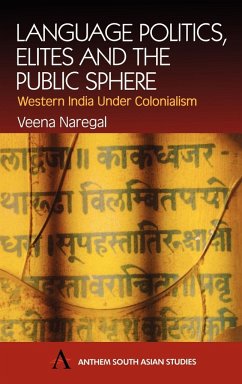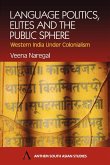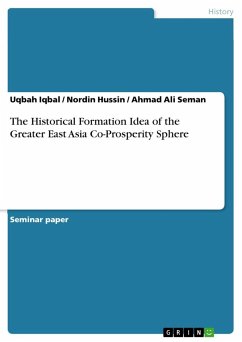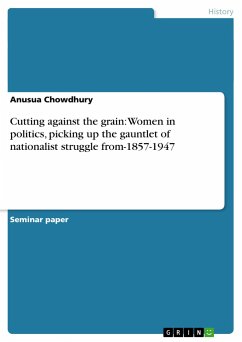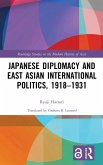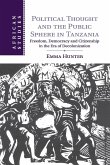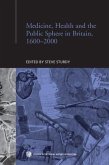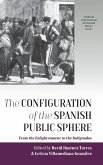The bilingual relationship between the English and the Indian vernaculars has long been crucial to the construction of ideology as well as cultural and political hierarchies. Print was vital for colonial literacy; it was thereby instrumental in initiating a shift in the relation between ?high? and ?low? languages. Here, Dr Naregal examines the relationship between linguistic hierarchies, textual practices and power in colonial western India. Whereas most studies of colonialism focus on India?s ?high? literary culture, this book looks at how local intellectuals exploited their ?middling? position through such initiatives as the establishment of newspapers and of influential channels of communication. How was the ?native? intelligentsia able to achieve a position of ideological influence? Dr Naregal shows that, despite their minority position, such people negotiated the arenas of education policy, the press and voluntary associations to advance their social class. In doing this, she sheds light on the process of self-definition among the Indian intelligentsia before anticolonial thinking articulated its hegemonic claims as a nationalistic discourse.
Hinweis: Dieser Artikel kann nur an eine deutsche Lieferadresse ausgeliefert werden.
Hinweis: Dieser Artikel kann nur an eine deutsche Lieferadresse ausgeliefert werden.

